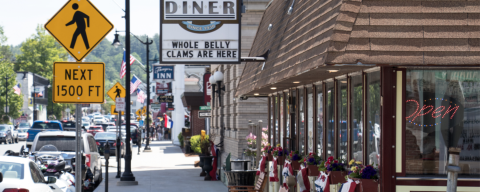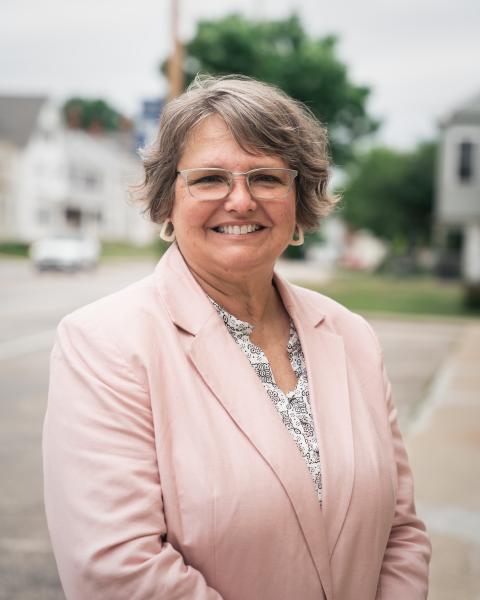Community Development: Three New Hampshire Communities in a Single Day
Recently, I had the privilege of leading community development efforts in three different communities in New Hampshire all on the same day—morning, noon, and night! Rarely does it happen that these meetings all fall on the same day, but it happened, and it allowed me to reflect on the community development process. I hope by sharing you might get a better understanding of our community development work and appreciate what local volunteers are doing to improve their communities.
So what does it mean to do community development work? We work with local community members to empower them with the knowledge and skills to make decisions about their community. Simply put, it is the effort of community members to gather, talk, debate, deliberate, decide, and act. Communities can organize themselves in many different ways. On this day, I was with an appointed town committee, a steering committee, and a task force. Each has a different purpose. A task force is short-term and focused on gathering information on a community issue; a steering committee is organized to lead to action with a strategic direction and project oversight, and a town committee acts on behalf of the town. What they have in common is the members of each are local volunteers—some with specific expertise and many with just a love of their community and the desire to make it better.
The task force community is looking to better understand the needs of low- and moderate-income families by doing a community needs assessment. We are training them to conduct key informant interviews and focus group meetings. This will give them new skills, help them learn about the issues, and build relationships.
The town committee is working to update their town master plan. Like many New Hampshire communities, they want to balance development with their small-town character and protect their natural resources. The committee members must use their active listening skills when discussing these hot-button issues. They work hard to understand different views and agree on a decision-making process that will help to move them to consensus and develop a plan for the future.
The steering committee is focused on bringing together community members to consider what their community’s future might look like. Our Community Profile program is the perfect vehicle for this. Together, the community will talk about education, recreation, housing, economic vitality, and other topics that make for a strong community. The committee is squarely focused on getting the word out about their Community Profile event to ensure that all are welcome and as many voices as possible are heard.
In our community development work, we recognize three stages of group development and these three meetings were good examples. The task force is forming—everyone is happy, polite, and listening. The local town committee is storming—they’re having difficult discussions, and they’re not sure of their role, authority, and process, and the steering committee has gone through both and is now norming—deciding how to work together and getting the job done. All stages are valuable to move a local issue forward.
On this single day I worked with 23 different volunteers—young people, retirees, business people, teachers, entrepreneurs, at-home moms, and others. I was able to work with them on skills such as best practices in public meetings, needs assessments, community engagement, and inclusiveness—just to name a few. These volunteers are developing leadership skills and the community development process helps them move to action to improve their towns. This is the heart of community development, and it is very satisfying to see our local volunteers working hard to strengthen New Hampshire communities.

